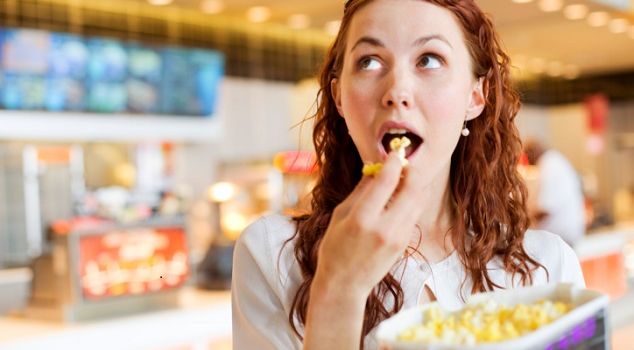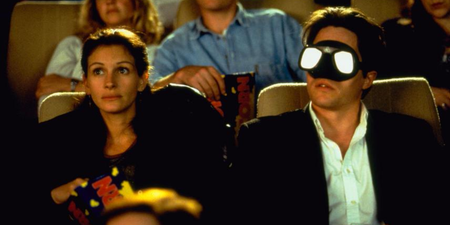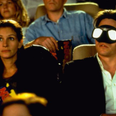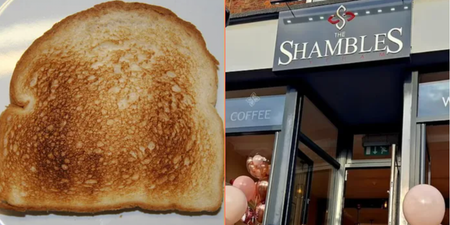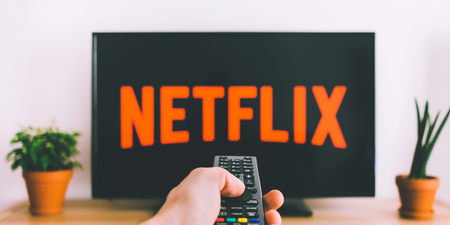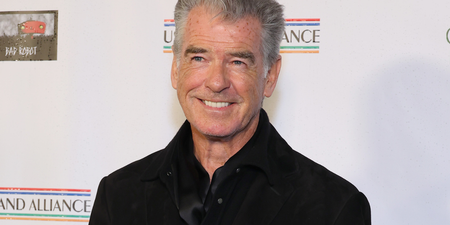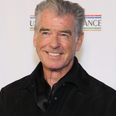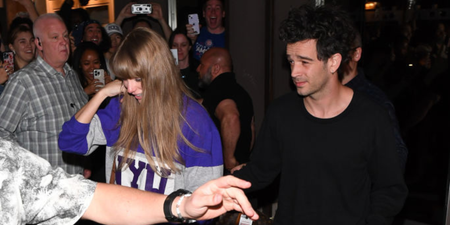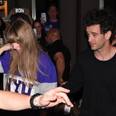Unlike calories and points, what to watch in the cinema generally isn’t one of our major considerations when we are looking to drop a few pounds.
However, a new survey has shown that it could make more of a different than you think!
The Science Daily study found that people were found to eat twice as much when watching action films compared to something calmer. Viewers watching a fast-paced thriller who were given M&Ms and cookies ate much more of their screen snacks compared to people watching an interview programme.
The authors of a new study wanted to examine how technicalities about a programme, like the frequency of camera cuts or variations in sound, might influence how much people eat so they gathered 94 undergraduate students with an average age of just under 20, 57 of whom were women.
They gathered in groups to watch 20 minutes of TV and were randomly assigned to one of three different programs.
One group watched The Island, an action film with Ewan McGregor and Scarlett Johansson, another group were assigned an interview programme called Charlie Rose and a third group watched The Island on mute to eliminate the sound variable.

Each group was given an equal amount of cookies, M&Ms, carrots and grapes and it was discovered that those watching the original version of The Island ate almost double than the Charlie Rose group.
Those watching The Island ate 206.5 grams while those watching Charlie Rose ate just 104.3g, with those watching the thriller also eating 65 per cent more calories.
Viewers of the silent version of The Island ate 36 per cent more grams of food and 46 percent more calories (314.5 vs. 214.6) than Charlie Rose viewers.
“More distracting TV content appears to increase food consumption: action and sound variation are bad for one’s diet,” said the study’s authors.
“The more distracting a TV show, the less attention people appear to pay to eating, and the more they eat.”
